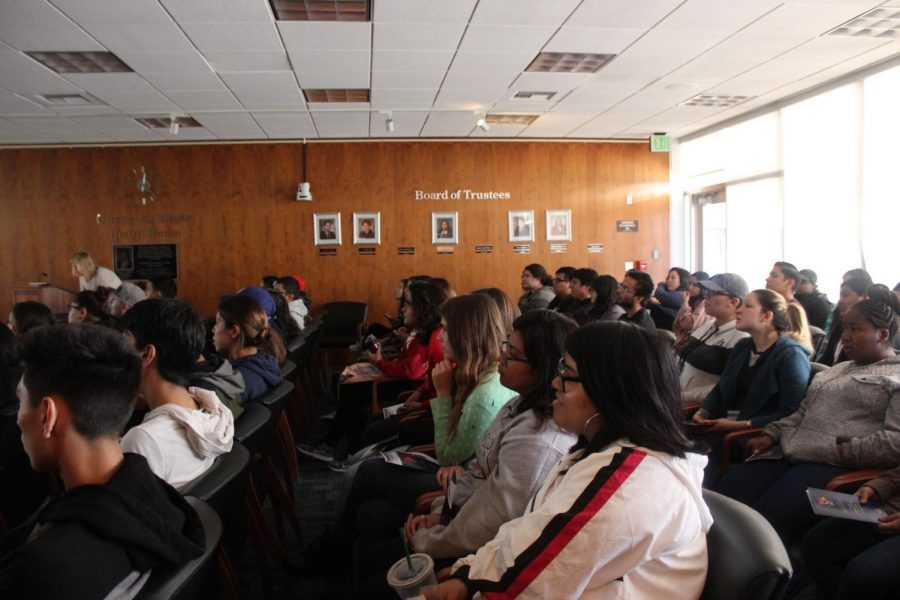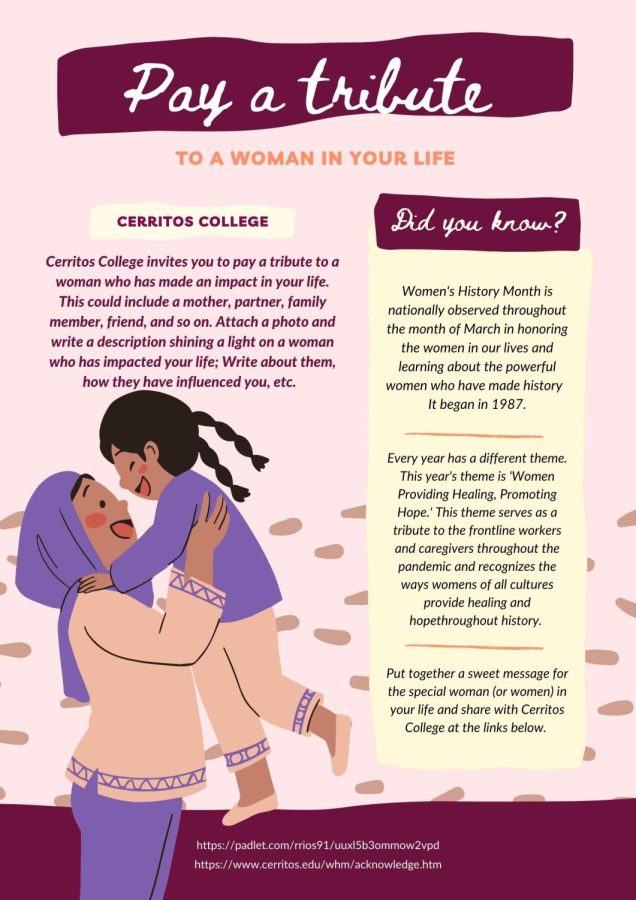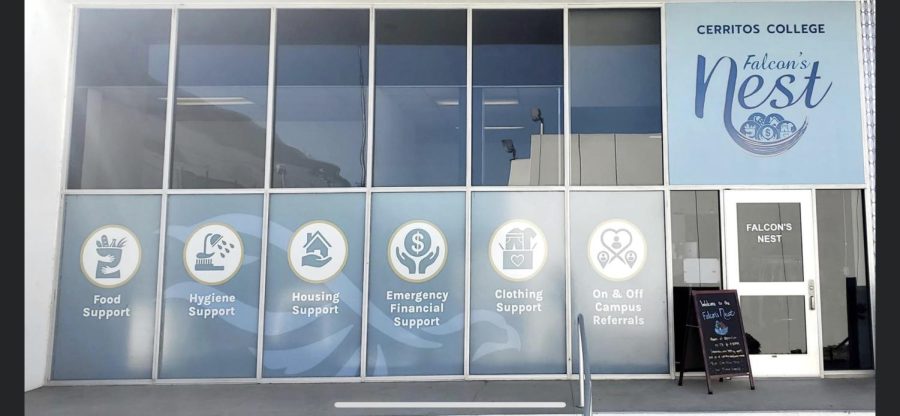In continuation with Women’s History Month, professor Amanda Reyes and Dr. Kimberly Rosenfeld held a presentation in the Cheryl Epple Board Room regarding issues on gender roles and how digital media affects its users as well as how should social media users engage critically and comprehend social media.
Gender roles are always questioned when users are signing up for social media or any other platform for online communication.
Reyes and Rosenfeld explained how choosing gender roles allows the person to chose to play a different gender and to “express and explore in a virtual world.”
Furthermore, explaining how people can be anyone they want, and never knowing if the person on the other end is truly who they say they are.
Reyes went on by saying that the digital world has led its users to becoming extremely reliant on the use of social media to obtaining their daily news.
Rosenfeld went further into detail and said that people get their information from whatever search engine the user prefers, absorb what they gathered and settle with that information without searching for more.
Reyes explained that the data from our browsers are captured and sold to buyers to be sure users see their advertisements, which is how advertisements of things users looked up or seem relatively interested pop up on feeds.
Reyes and Rosenfeld also explained that data is also how advertisements that pop up on feeds know what gender they are marketing to. Based on what blouse, purse, video game, etc. the user searched for; the advertisements base it off the data they received.
All of the issues discussed led to Reyes and Rosenfeld asking their audience whether digital media is the problem or solution.
Digital media is constantly revolutionizing, said Reyes and Rosenfeld, and there is a constant push for people to appear perfect in their selfies, which adds to the stigma of forcing women to constantly look flawless, according to Rosenfeld.
Rosenfeld explained that social media pressures people to “compare themselves to [a] perfected version of ourselves.”
This coming from social media, where users can simply download an application and edit themselves to their own perfect version of themselves.
Reyes added that these applications make people “question our worth, then make us pay for it,” since a lot of the beautifying applications cost money.
Reyed encouraged to become comfortable with who we are.
It is also okay for people to enjoy using these applications, according to Rosenfeld. She states that it liberating and people become comfortable with their internet self.
Social media has become a “portal into a second life,” said Rosenfeld.
Rosenfeld explained that social media has come to the point where people have “no choice whether you participate or not, it is pushed on us.”
Practicing critical engagement is key, according to Reyes. As well as engaging in the community and shifting priorities of the digital world.









